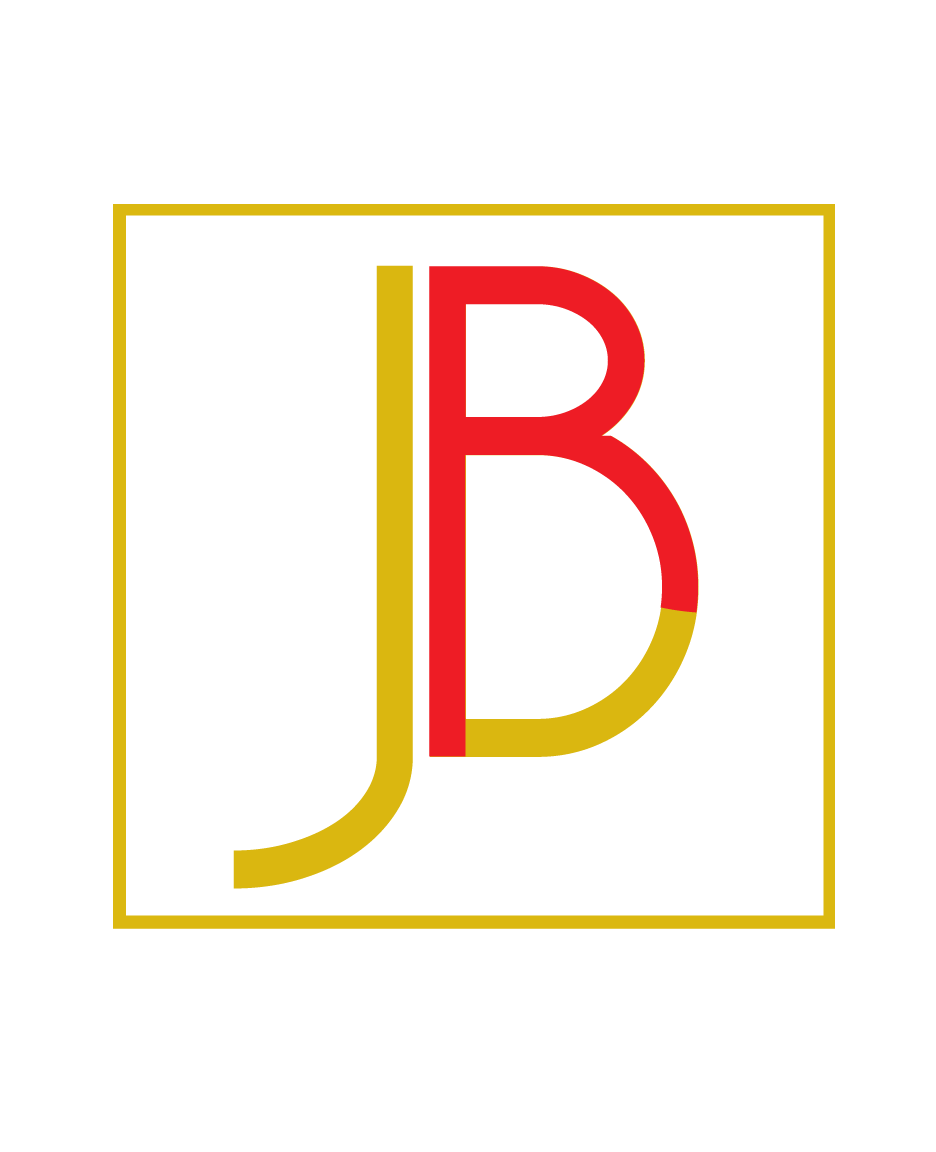
19 Sep The Linchpin Framework
The Linchpin Framework, developed by Seth Godin, focuses on being indispensable in the workplace. It consists of five key components:
- Initiative: Taking the initiative means going beyond your assigned tasks and actively seeking ways to contribute more.It involves identifying problems, proposing solutions, and taking ownership of projects without waiting for permission.
- Emotional intelligence: Emotional intelligence is the ability to understand and manage your own emotions and those of others.It involves empathy, effective communication, and building strong relationships with colleagues. Developing emotional intelligence helps create a positive work environment.
- Unique expertise: Becoming a linchpin requires developing specialized knowledge and skills that set you apart from others. This expertise can be a combination of technical skills, industry knowledge, creativity, or a unique perspective that brings value to your work.
- Creativity: Being creative means thinking outside the box, generating innovative ideas, and solving problems in unconventional ways. Linchpins embrace change, challenge the status quo, and continuously seek new opportunities to improve processes and outcomes.
- Reliability: Reliability is crucial for becoming indispensable. It means consistently delivering high-quality work, meeting deadlines, and fulfilling commitments.
Linchpins are known for their dependability, and their colleagues and managers trust them to get the job done.
By embodying these five components, individuals can position themselves as essential contributors in their organizations, creating more opportunities for growth and success.
Linchpin For Business
While the Linchpin Framework is primarily focused on individual behavior and professional development, businesses can adopt and apply its principles to enhance their overall operations and success. Here’s how businesses can use the Linchpin Framework as a business model:
- Encourage initiative: Businesses can foster a culture of initiative by empowering employees to take ownership of their work, encouraging them to propose new ideas, and providing a platform for them to contribute beyond their assigned tasks.This can lead to increased innovation, problem-solving, and overall productivity within the organization.
- Foster emotional intelligence: Businesses can prioritize emotional intelligence by promoting effective communication, empathy, and teamwork. This can be achieved through training programs, workshops, and by creating an inclusive work environment that values and respects the perspectives and emotions of employees.Enhanced emotional intelligence can improve collaboration, customer relationships, and employee satisfaction.
- Cultivate unique expertise: Businesses can invest in developing the specialized knowledge and skills of their employees. This can be done through training programs, mentorship opportunities, and encouraging continuous learning.By nurturing expertise within the organization, businesses can differentiate themselves from competitors and deliver exceptional value to clients or customers.
- Embrace creativity: Businesses should foster a culture that encourages creativity and rewards innovative thinking. This can involve creating dedicated spaces for brainstorming and idea generation, organizing cross-functional teams to tackle challenges, and celebrating and implementing successful ideas.Embracing creativity can lead to breakthrough innovations, improved processes, and a competitive edge in the market.
- Promote reliability: Businesses can promote reliability by setting clear expectations, providing adequate resources and support, and recognizing and rewarding consistent performance.By creating an environment where reliability is valued and upheld, businesses can build trust with customers, clients, and partners, leading to long-term relationships and a positive reputation.
By integrating the Linchpin Framework into their business model, organizations can cultivate a culture of excellence, foster employee engagement and loyalty, and drive sustainable growth and success in the ever-evolving business landscape.

